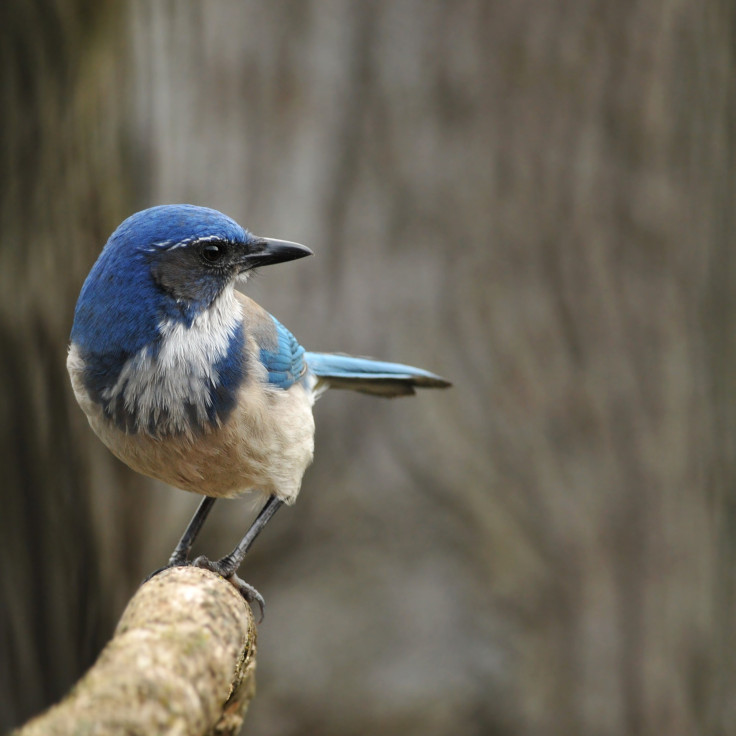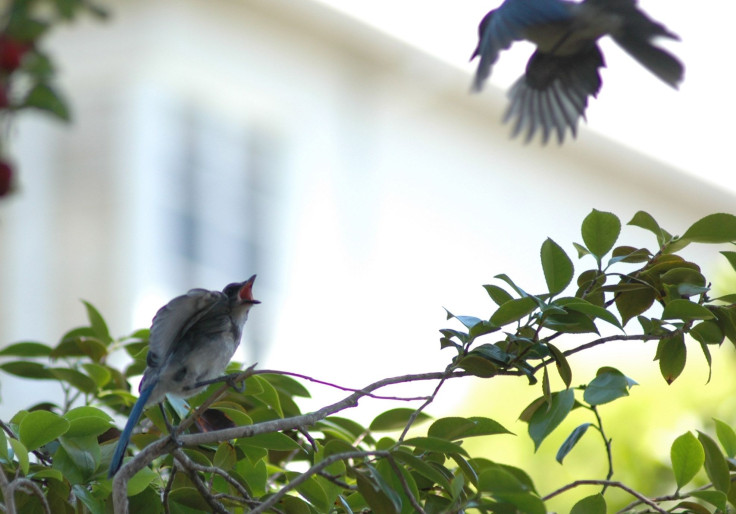Climate Change Effects On Animals: Birds Nest Earlier, 100-Year-Old Records Show

Birds are breeding earlier because their homes are getting hotter, another way climate change is altering the ecosystem. But their shift could also be a sign of hope, because it might mean that animals are more capable to adapting to changes than we thought.
Scientists studying birds in California found that birds are breeding about a week earlier than they were 100 years ago, according to a study in the journal Proceedings of the National Academy of Sciences. The timeline shift means the birds are adapting to climate change and nesting at roughly the same temperatures they were in the last century — which is important because the temperature affects the success of their breeding.
Researchers expect birds to move their nesting areas to places that are cooler, because they either are more north or have a higher elevation, as well as breed earlier in response to higher temperatures. And previous research has shown there are birds making those geographical moves. But the scientists on this study found that “earlier breeding can substitute for range shifts by reducing temperatures during critical breeding-season life-history events.”
They analyzed data on bird nesting behaviors in California from the early 1900s and from the modern era to determine that “bird communities” in that state moved up their breeding behaviors between five and 12 days over the course of the last 100 years. According to the study, bumping up their breeding means they are working with temperatures that are almost 2 degrees Fahrenheit cooler than they would be if the birds had remained on their old schedule — roughly the temperature difference that climate change has created through the last century.

The scientists say the parental birds are “stabilizing temperatures during nesting,” a way that they are tweaking the cycle of their behaviors so that they do not have to make geographical changes and alters their ranges.
“The shift to earlier breeding … helps explain why half the bird species in the mountainous areas of California did not need to shift upward in elevation in response to climate warming over the past century,” study co-author Steven Beissinger said in a statement from the University of California, Berkeley. “By nesting a week or 10 days earlier, birds are avoiding some of the negative effects of climate warming.”
Although bird experts have noticed “early spring arrivals,” the university said, it has been assumed that this was food-related, with the birds matching the plants and insects that have moved up their own life cycles in response to warmer temperatures.
One thing that remains unclear is how this relates to nesting length — it’s possible there are shorter time periods in which the temperature is suitable for breeding, so some birds that fail to nest on their first try might not have time to give it another go and others who require longer nesting periods might find themselves in trouble.
“The good news is that there may be more flexibility for species to respond to climate change than we thought, and not all species may need to move farther north or to higher elevations,” Beissinger said. “But we don’t know yet whether staying in place and shifting schedules earlier is a permanent solution, or only provides temporary relief from the … rise in temperatures forecast to occur.”
© Copyright IBTimes 2024. All rights reserved.





















